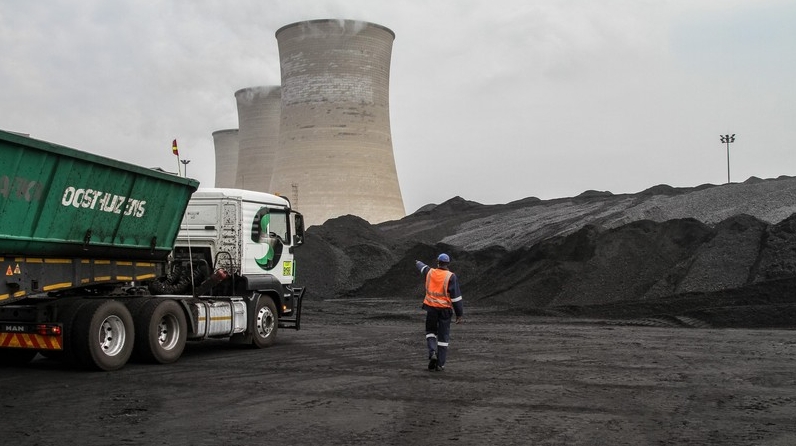
This amounts to 30 million tons an annum and panel members Denga Kwinda, the CEO of Afri In Transit (AIT); Gunn Ndebele, the group business manager at the Overlooked Group; and Matthews Bagopi, the acting CEO at Botswana-based Minergy Coal, all said they were interested in filling that shortfall.
“We have found that because the junior miners are hungry they are more responsive, but we have strict requirements in terms of quality and reliability. Our tenders are based on needs and as that is dynamic it is difficult to say when the tenders will be announced,” Mashigo said.
“We have grown our monthly run of mine tonnage from 80 000 tons to 850 000 tons over the past decade and this year we expect to reach 1 million tons, so one needs to ask when do you graduate from being a junior miner,” Ndebele said.
Kwinda said one of the ways that Eskom could fill the gap was to impose a quota on how much a coal miner needed to supply to Eskom before they could enter the export market, but Mashigo said the power utility was not in favour of that as it had been tried in Indonesia with adverse consequences for the coal mining sector.
“We prefer to work in a system of ‘willing buyer, willing seller’ and believe that the domestic and export sectors can coexist,” Mashigo said.
Silas Zimu, a special adviser to the Presidency, said from the audience that rather than looking at this from a South African perspective, one should look at it from a regional perspective.
“Minergy for instance could supply a 300 Megawatt (MW) power plant in Botswana with 180MW then supplying the domestic market and 120MW going to South Africa,” Zimu said.